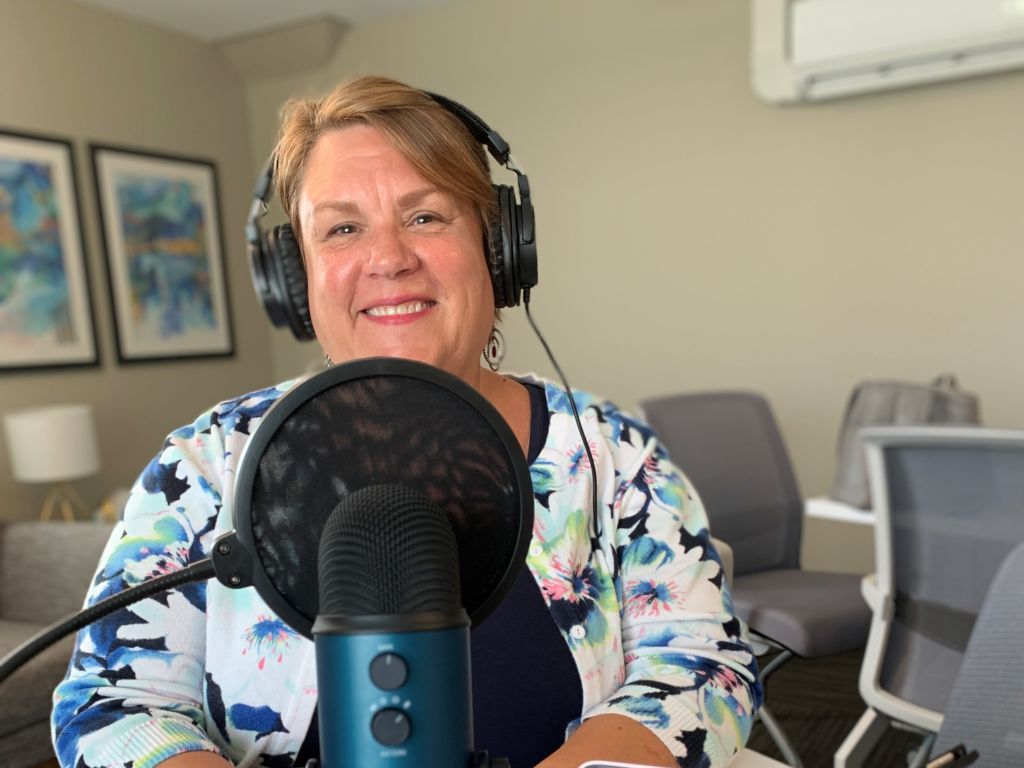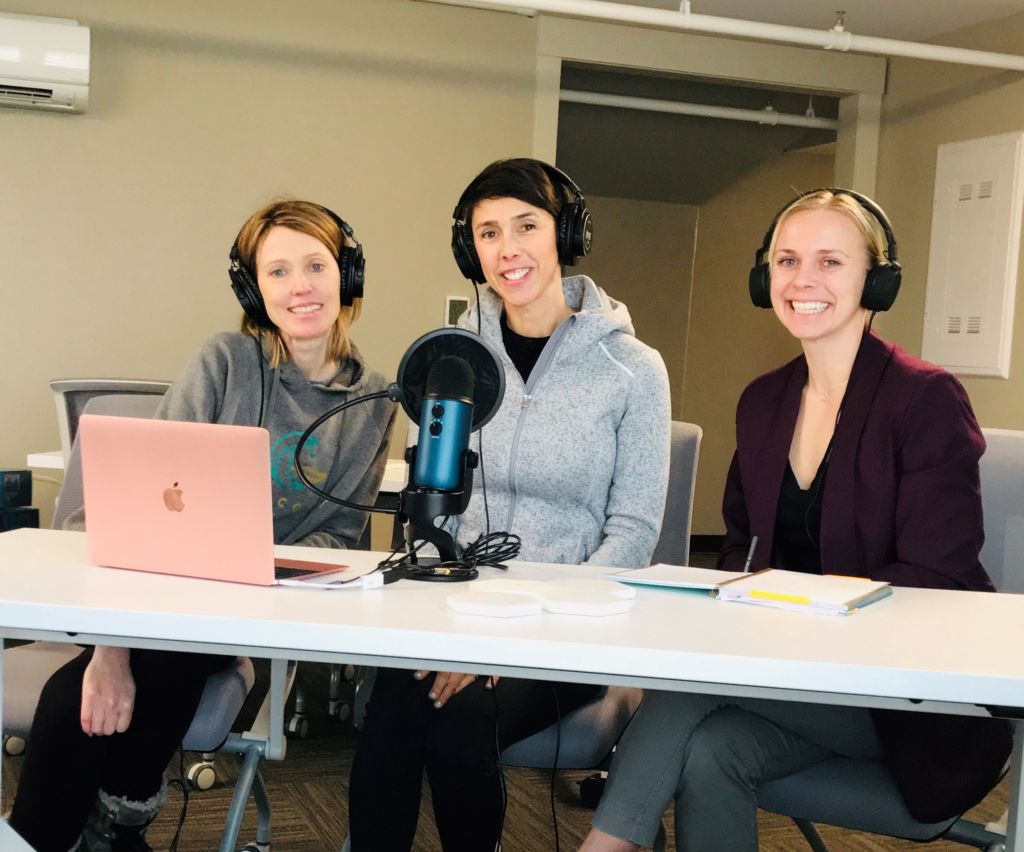Stress Mastery: Podcast Episode #85

Deb Timmerman, RN, DAIS, CSME speaks with us today about her new certification in Stress Mastery. What does that mean, you ask? It’s all about learning positive ways to handle stress and actually master it, instead of letting stress take over. Listen to see how this can help parents throughout pregnancy and postpartum. You can […]
Podcast Episode #60: A Naturopath’s Perspective on Pregnancy and Depression

Doctor Janna Hibler, ND talks to Alyssa and Kristin about how a naturopathic doctor treats pregnant and postpartum women, body and mind. You can listen to this complete podcast episode on iTunes and SoundCloud. Alyssa: Hello, welcome to Ask the Doulas podcast. I am Alyssa Veneklase, co-owner of Gold Coast Doulas, and I am here […]
Tandem Nursing
This article was written about four years ago by Kristin when she was tandem nursing both of her children. She recently stumbled upon it and we thought it would be a beautiful piece to share with all of you! I never imagined myself as a tandem nursing mom, it just worked out that way. My […]


